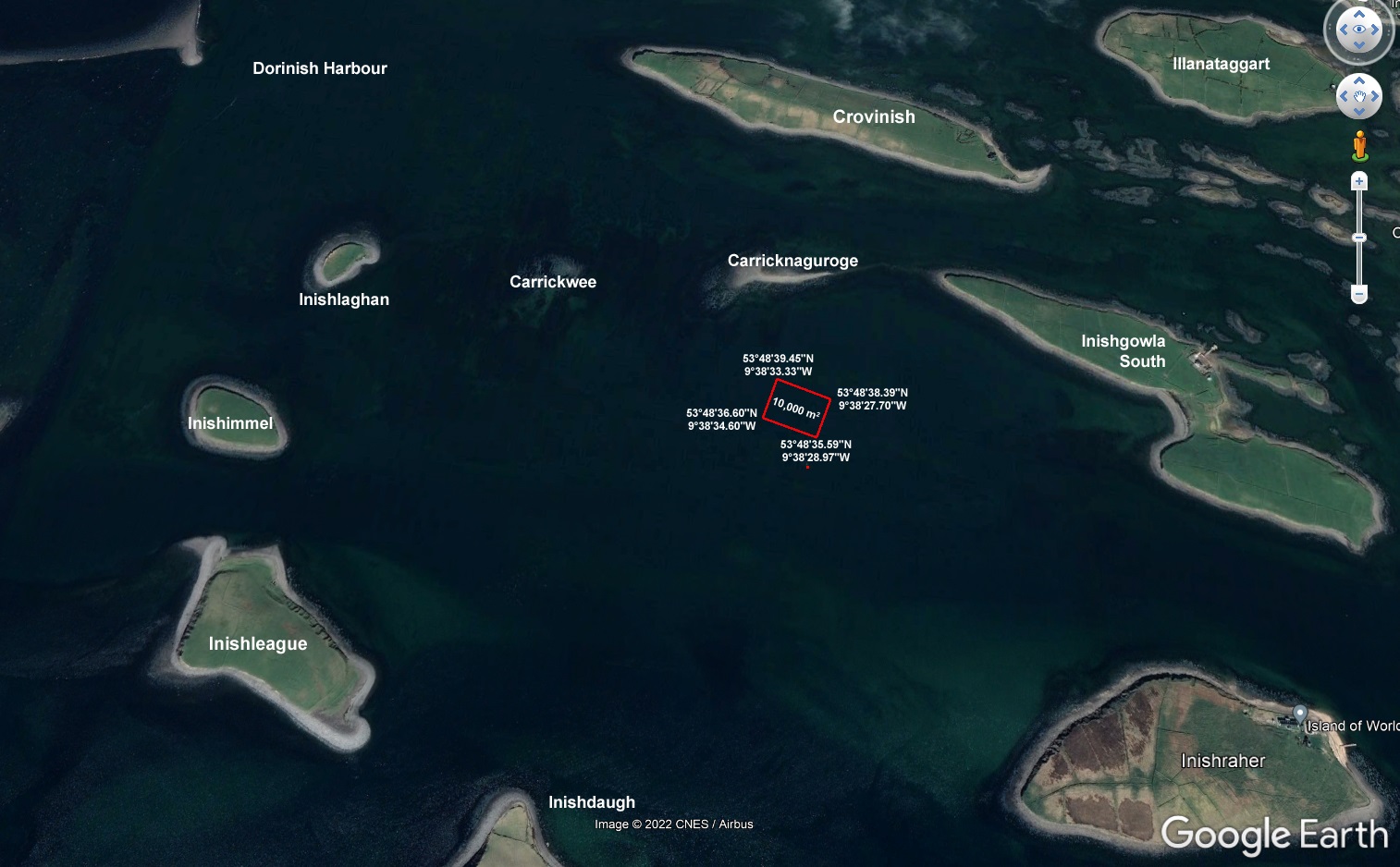On a beautiful clear July morning we met up with Michael Mulloy and Alex Blackwell of Clew Bay Oyster Co-op to film the initial phase of our seabed restoration project. The location selected was on the main sea route to Westport located east of Dorinish and North of Inisheeny Islands in Clew Bay, Co Mayo. This location was selected as it is closed off to commercial fishing. The depth is between 3 and 5 metres which makes it ideal for seagrass (Zostera) to propagate alongside the oysters. In addition, the seabed had an acceptably low level of silt which makes it easier for the juvenile oyster (oyster spat) to attach and develop.
Creating the right conditions for the oyster spat to attach is critical to success. Typically, the water temperature needs to be around 15 degrees Celsius. The spat need a clean shell to attach on to. To enable this, a thin layer of oyster and mussel shells (culch) is spread in a sequential pattern on the sea floor. This was carried out using Michael’s boat which was moving slowly over the target area while the culch was spread off the side.
Monitoring stations are set up using sacks of culch which are lifted and analysed under microscope every October / November to track and understand the health and development of the project.
Clew Bay is a natural habitat for oysters and seagrass to grow and thrive due to it being a shallow bay that is well sheltered. Our role here is to recreate the conditions necessary to help the oyster beds re-establish, in effect, we’re trying to rectify some of the damage that has occurred in the past and give nature a helping hand in a way that doesn’t overly interfere with its natural course.
Green Ocean Coffee is about creating a direct link in restoring the ocean floor as each bag of coffee restores 1 square metre of seabed. Each cup of Green Ocean Coffee makes a meaningful difference that is transparent and quantifiable. Will you work with us to make a meaningful difference?
image from Google Earth


